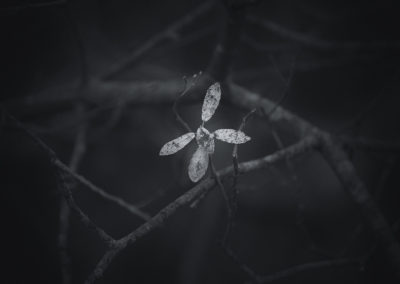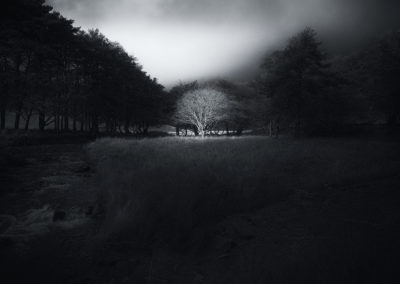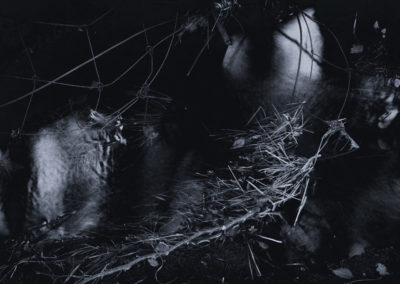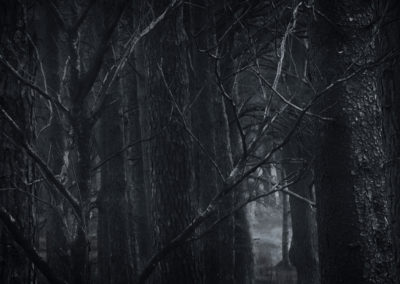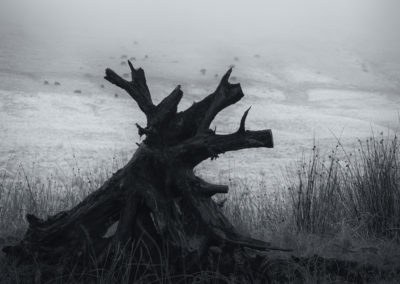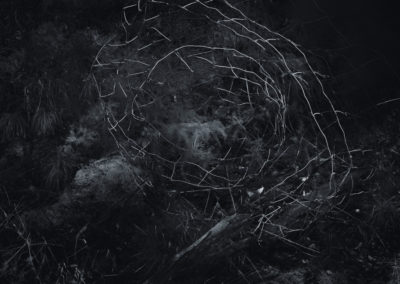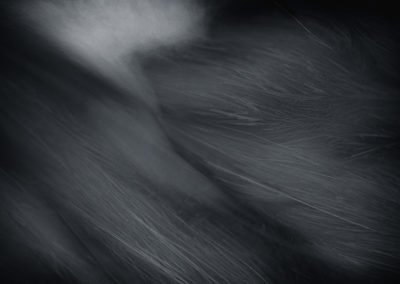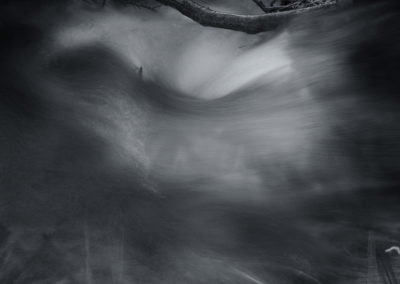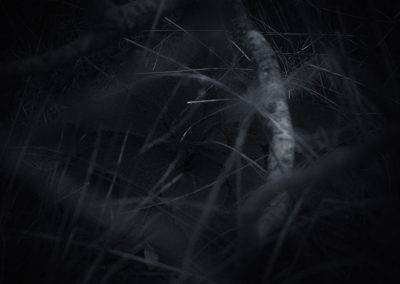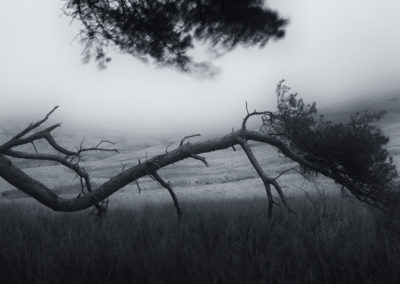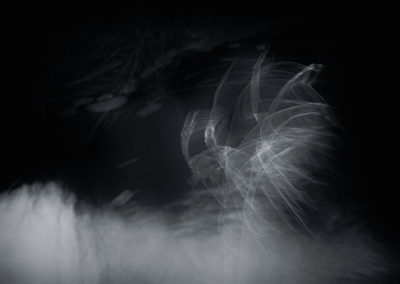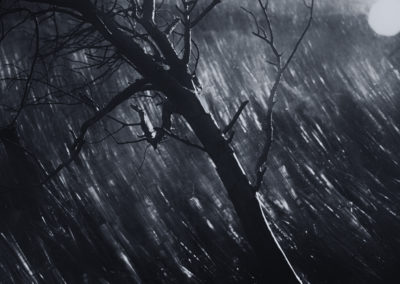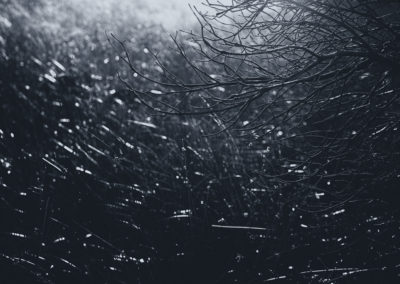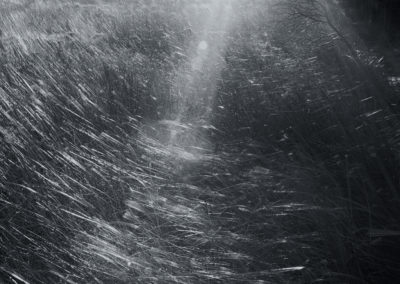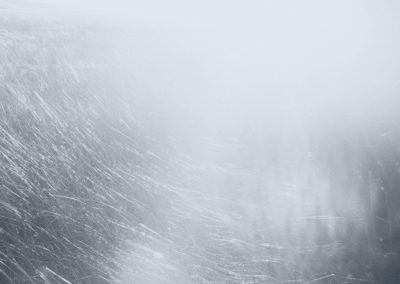“Photograph not for what it is, but for what it might be.”
That’s always been one of my favourite Minor White quotes; it seems to go to the heart of what photography as an art-form can aspire. But it only goes so far in addressing how we need to think to reach that stage of seeing beyond the materiality of our subjects.
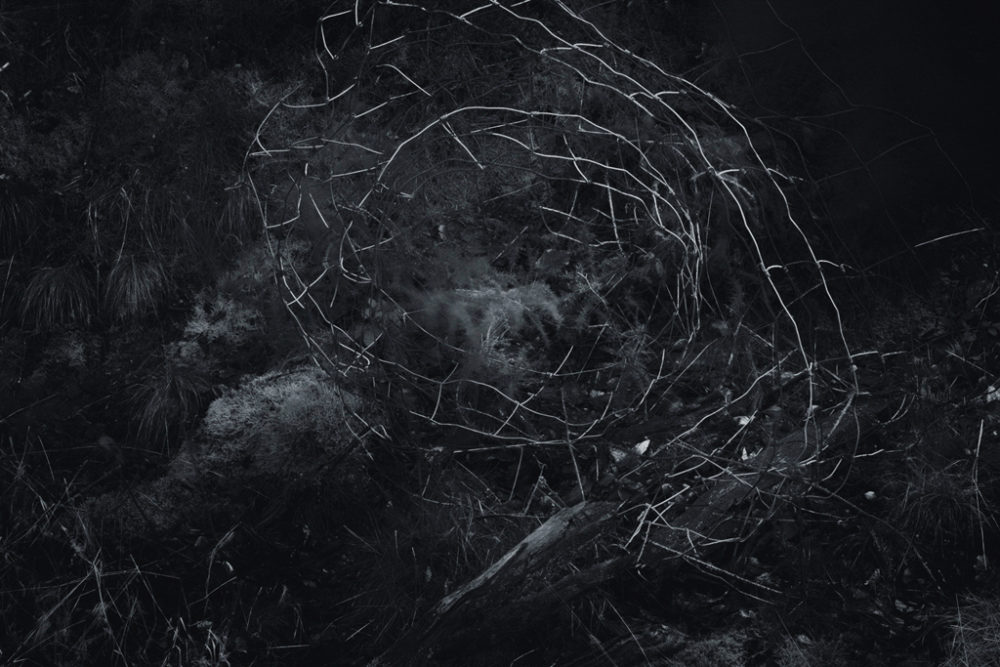
I do two things that many would consider antithetical to photography: I use words and I make fiction. Perhaps it is strange in a medium preoccupied with the image and obsessed by truth and the document. But it is the method I’ve developed to seeing beyond materiality and towards what the photography might be, or might be capable of representing.
Toward the Sun is one such series. It is fictional because it plays with metaphor and allusion. It’s not about a place, so much as it is a reaction to a place. And it’s not even about photographing into the light, save where that, itself, is a metaphor for some form of hope.
The place itself is a high valley, weather blasted, ’sheepwrecked’ as George Monbiot memorably described our over grazed uplands. We need hope just to be here. On a freezing winter morning the sunlight pours through this valley. It is startlingly bright and thanks to the sheep there’s very little shade beyond a wind-tossed thin line of trees encircling a small reservoir. This being the Brecon Beacons there were also many days when it was so heavily overcast that it was hard to distinguish any modulation to the monotonous monotone. It was hard to find the light, the hope.
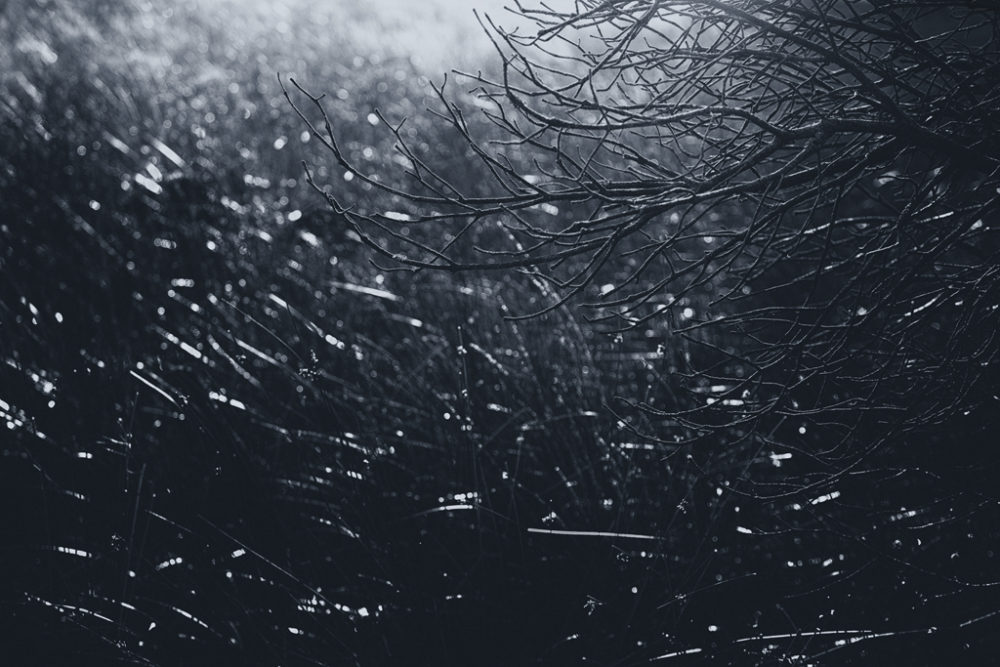
Light of course, is the stuff of photography, ’writing with light’, and even more important to landscape photography where it is commonly used to add shape and ’prettiness’ to the image. More rarely does it become a metaphor itself.
Words play an important part in my work; they are in part an elaborate short cut to engaging with a place beyond what I immediately see. And in part they act as what Carl Sagan described as “the axe of the frozen sea within us”, they open my imagination and my heart. Most pertinently they help me tell stories, they give me a framework to work within and a theme for a series. And on top of this they act to open the viewers mind to the suggestion that there might be something beyond the image itself.
Photography has a strange tendency to appear complete. Put it inside a frame and there appears to be nothing outside, nothing beyond it. Of course we all know there might be, but we rarely discuss the peripheral story. It’s hard to nail down and difficult to imply that there might be. Words do that, whether in the form of titles, quotations or themes.
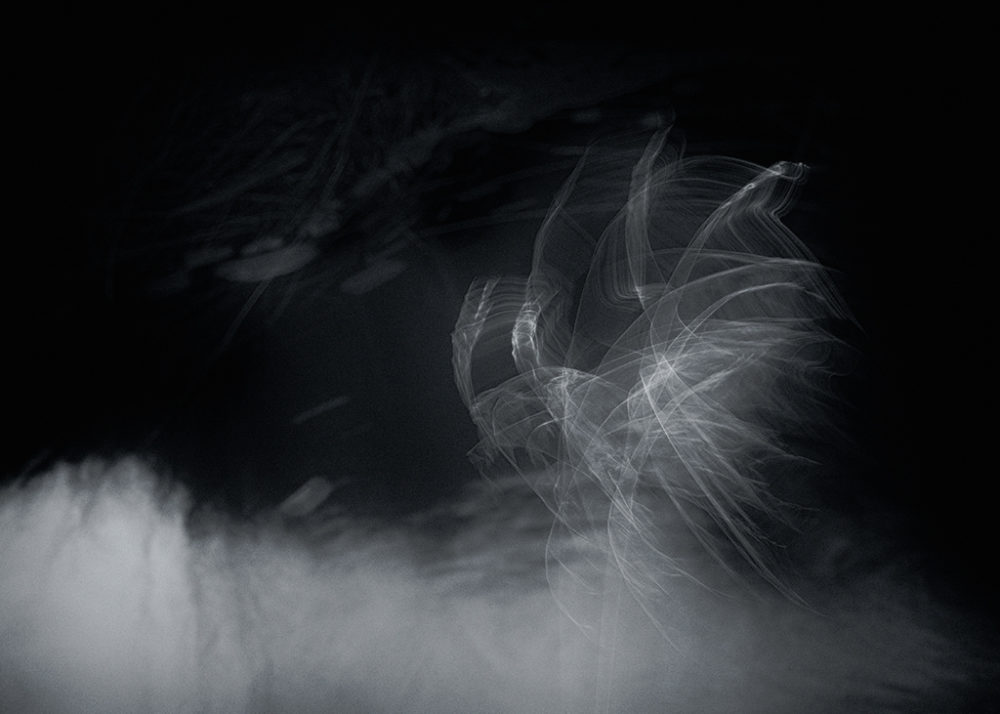
The words here are by songwriter Alexi Murdoch. I wish I knew the formula for choosing writing. There’s usually a very long search to find some text, and then a suitable place and finally a method of illustration. First the words have to connect with me – I have to love it in some way, secondly there needs to be a universality and finally it needs to be interpretable. Those aren’t characteristics I commonly stumble upon together.
Being fiction doesn’t mean my personal feelings are removed from the story, nor the place. In fact the opposite, it deepens them. Fiction you see is, as Neil Gaiman says, “a lie that tells us true things over and over.” It helps us say, discover and realise aspects of places and ourselves that we may not have otherwise discovered.
Fiction is also a more direct route to our imagination than waving a box with a hole in it in front of a thing. Be aware that photography can act to distance ourselves from our subject as well as bring us closer. Be aware that photography can also aspire to say things beyond the descriptive, and beyond the photographic process itself.
This is how I do it. It might not be how you do it, I sincerely hope not, diversity is a very good thing. But I do find it interesting, enjoyable and endlessly inspiring, so give it some thought. Maybe using fictions is a personal failure as a photographer. Maybe it’s an honest admission that there’s only so much depth that I can find wandering around with a camera. Maybe it’s just a peculiarity of my own approach, yet I see it in other’s work too.
Maybe all photography is in some way a fiction?
Unless stated otherwise, all images and words in this article are © Rob Hudson

